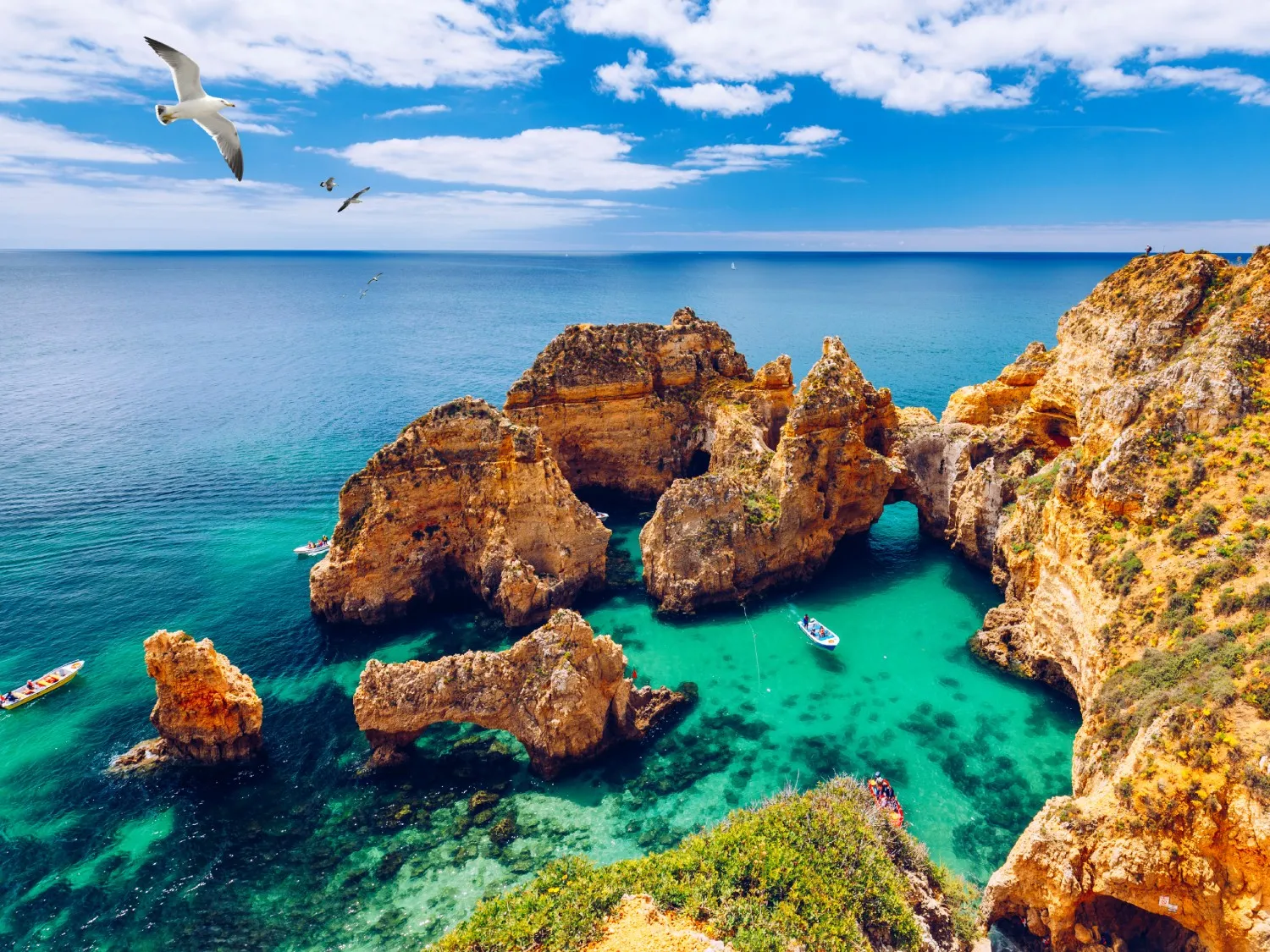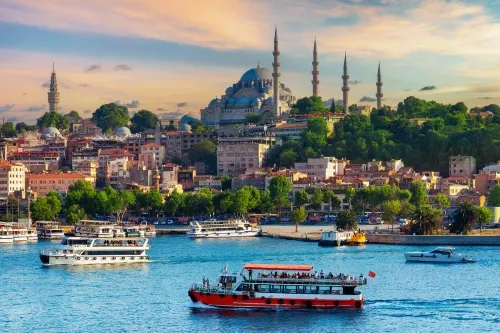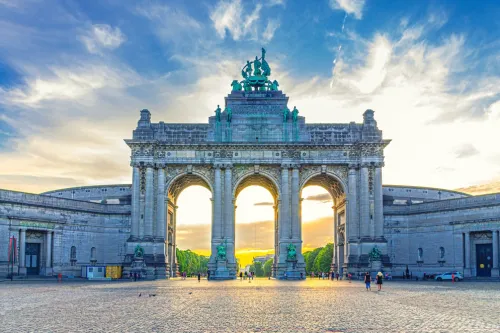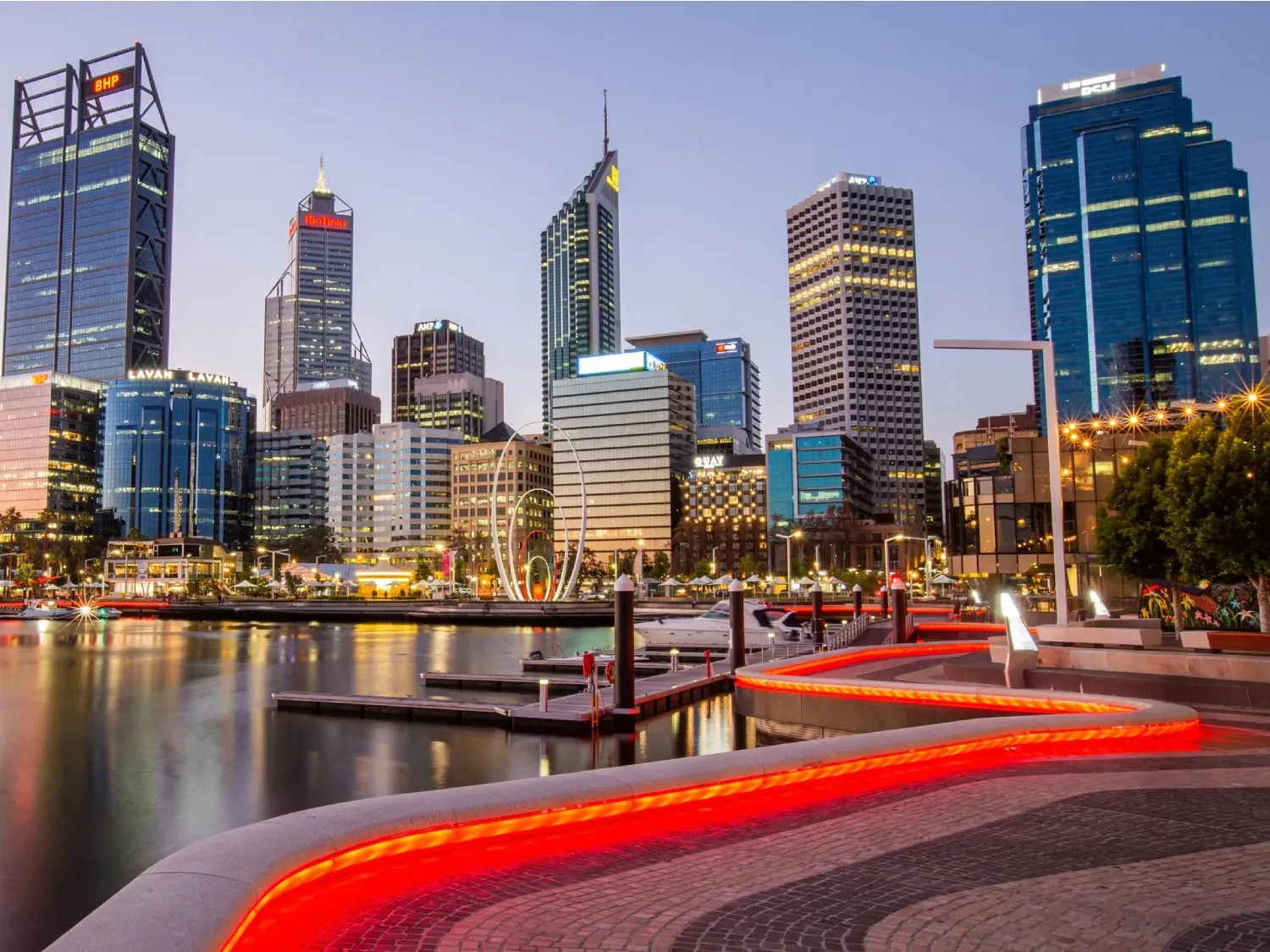Date: 20 March 2023
Sector’s emissions intensity declined, whilst GDP continued to grow
Portugal’s Travel & Tourism is becoming more energy efficient
London, UK: New groundbreaking data from the World Travel & Tourism Council (WTTC) and the Saudi-based Sustainable Tourism Global Center reveals the climate footprint of the Travel & Tourism sector in Portugal.
In one of the largest research projects of its kind ever undertaken, WTTC can, for the first time ever, accurately report and track the impact the sector has on the environment.
According to the data, Portugal’s Travel & Tourism has continued to grow, whilst reducing its emissions intensity.
In 2019, the sector accounted for 17.8% of total greenhouse gas emissions across Portugal. Whilst this is above the European average, WTTC’s EIR research also shows how heavily the Portuguese economy relies on Travel & Tourism. In 2019, the sector contributed nearly €38 billion, representing almost one fifth of the overall economy.
But this share dropped eight percentage points, to reach 9.8% in 2020 and 10.2% in 2021, mainly due to the reduced activity in the sector during the pandemic.
Between 2010 and 2019, Portugal's Travel & Tourism sector's economic growth decoupled from its greenhouse gas emissions.
During this period, the sector’s contribution to the national economy grew on average nearly 5% annually, while greenhouse gas emissions increased by 4.1% per year.
In 2010, for every €1 generated by Travel & Tourism in Portugal, the sector produced 0.77 kg of greenhouse gases.
But this figure dropped by an average annual rate of nearly 1% until 2019, when Travel & Tourism was at its peak, to reach 0.72 kg per €1 created. In the years that followed, this amount decreased even further, reaching 0.59 kg per €1 in 2021.
This significant decrease clearly demonstrates the impact of changes implemented by the Portuguese government and business leaders to create a more sustainable sector.
Julia Simpson, WTTC President & CEO, said: “Portugal’s Travel & Tourism sector has decoupled its economic growth from its greenhouse gas emissions and continues to reduce its emissions intensity.
“We know there is still work to be done. To reach our goals and ambitions, we must make bigger and bolder steps to reduce our absolute emissions.
“We need continued government support in increasing sustainable transportation. This will have a significant impact on our footprint, minimising our absolute emissions, which will see the sector meet its goals and ambitions.”
Energy Usage
The global tourism body also provides insights on the sector’s energy usage and efficiency, and shows that between 2010 and 2019, the sector’s total energy usage increased by only 3.6% annually, demonstrating that while Travel & Tourism continued to grow, it also became more energy efficient.
Between 2010 and 2021, the share of low-carbon energy in the national energy mix increased from 6.6% to 7.5%, whilst the sector’s reliance on fossil fuels as a source of energy also declined.
This comprehensive research covers 185 countries across all regions and will be updated each year with the latest figures.
This research was made possible thanks to the partnership between WTTC and the Saudi-based Sustainable Tourism Global Center. Under the Saudi green Initiative, more than 60 initiatives have been launched in the past year, representing more than $186BN USD of investment in the green economy.
Global Summits
The 2025 WTTC Global Summit
Stay tuned for details on our next global summit.




